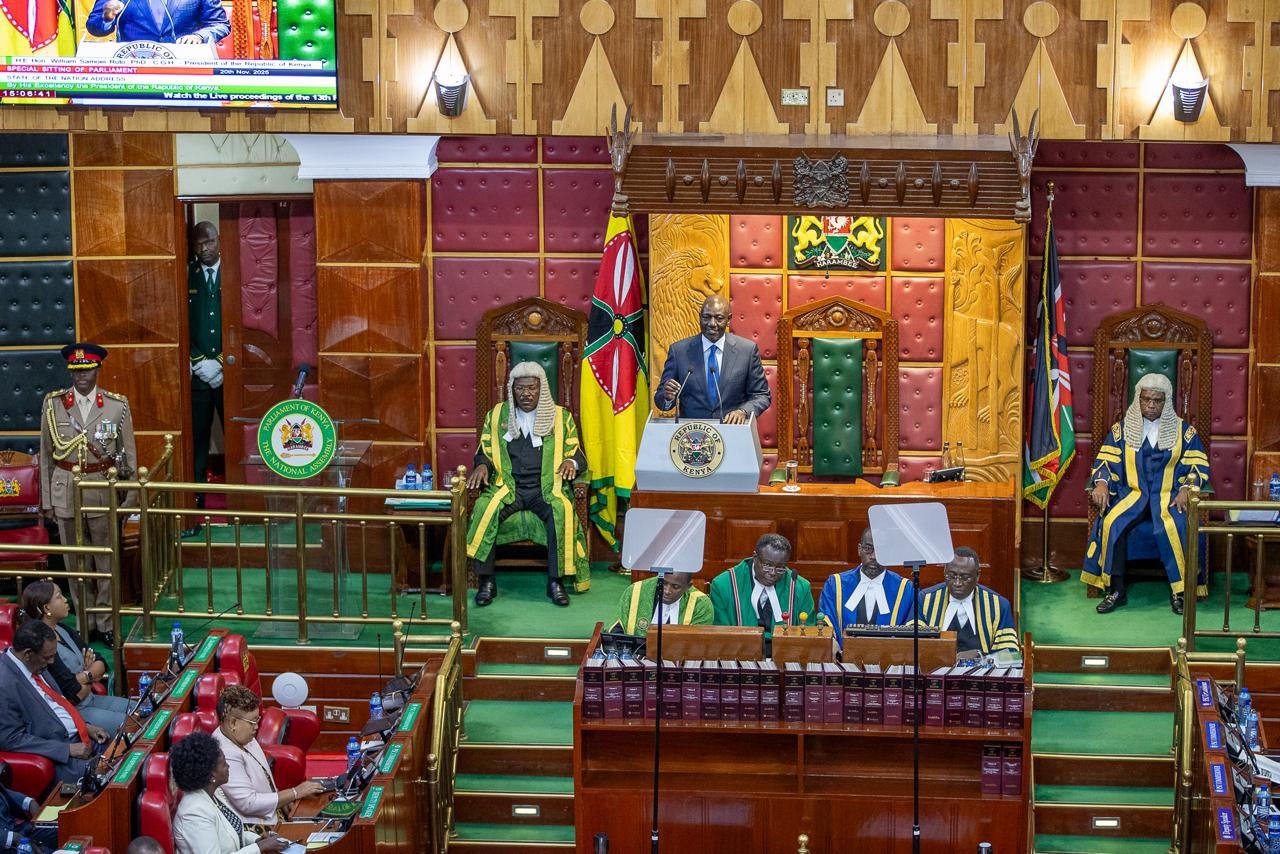Not having oxygen can make a difference on whether a sick baby with pneumonia survives hospitalisation.
It can also make the difference between a pregnant woman being transferred from one health facility to another.
The two scenarios explain why oxygen availability at health facilities is important in saving lives.
However, the recent study conducted by the African Population and Health Research Center (APHRC) and the Institute of Public Finance shows that the majority of hospitals across all 47 counties lack medical oxygen facilities.
The survey further shows that there is inadequate staff with the knowledge and technical expertise to run and maintain medical oxygen equipment.
According to the study, the Coast region has 106 staff, Nairobi 104, Eastern 92, Central 38, Western 36, Nairobi 32 and Nyanza 22.
Few counties including Busia, Elgeyo Marakwet and Homabay have implemented medical oxygen projects as part of their development priorities according to the Budget Implementation Review Reports (BIRRs).
Most of those counties heavily rely on donor financing for medical oxygen raising sustainability concerns.
For this reason, MPs are now seeking to zero rate medical oxygen equipment in the Finance Bill, 2024 to ensure patients access oxygen services when they visit hospitals.
National Assembly Health Committee chair Robert Pukose on Monday admitted that high taxation has made it expensive for oxygen production in the country including cylinders
"The initial production at health facilities is an expensive investment and what we are seeing is that oxygen installation plants in various health facilities are courtesy of donor funding," Pukose noted.
The Endebess MP added, "Taxation has actually made it more expensive for oxygen production because we are talking of cylinders being paid for making it expensive."
Bungoma senator Wafula Wakoli who spoke during the launch of the report said both the national and county governments need to have a clear roadmap on how medical oxygen is going to be available for Kenyans at minimum cost.
"It has emerged that we don’t have enough technologists and engineers to be able to facilitate the treatment of Kenyans to the lowest levels possible," Wakoli stated.
He said Parliament will work closely with the Ministry of Health to ensure that necessary legislation is in place to address the challenge.






![[PHOTOS] Betty Bayo laid to rest in Kiambu](/_next/image?url=https%3A%2F%2Fcdn.radioafrica.digital%2Fimage%2F2025%2F11%2F3b166e2e-d964-4503-8096-6b954dee1bd0.jpg&w=3840&q=100)







